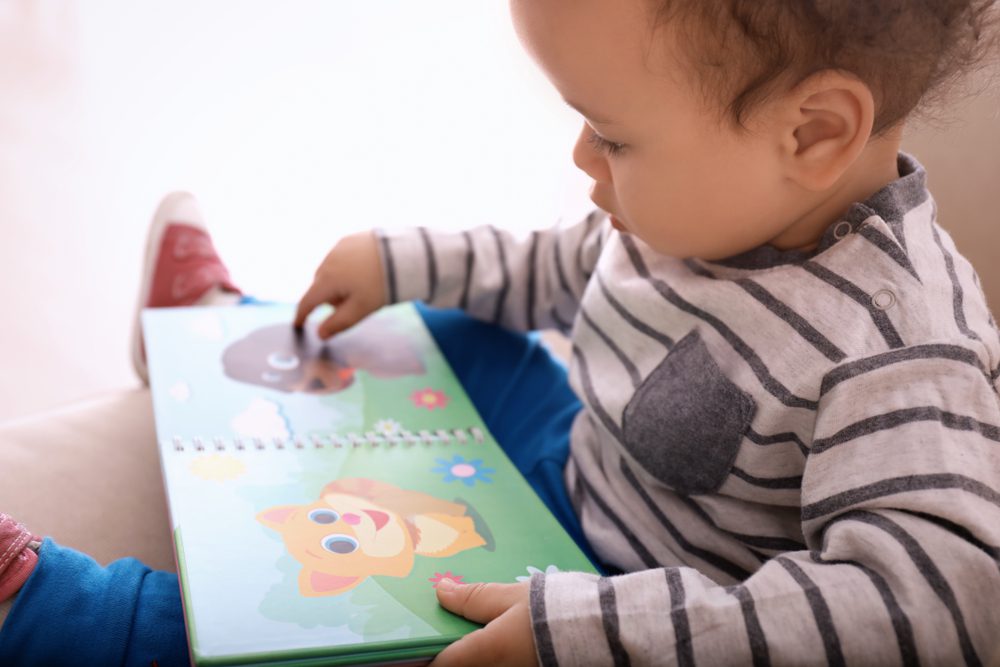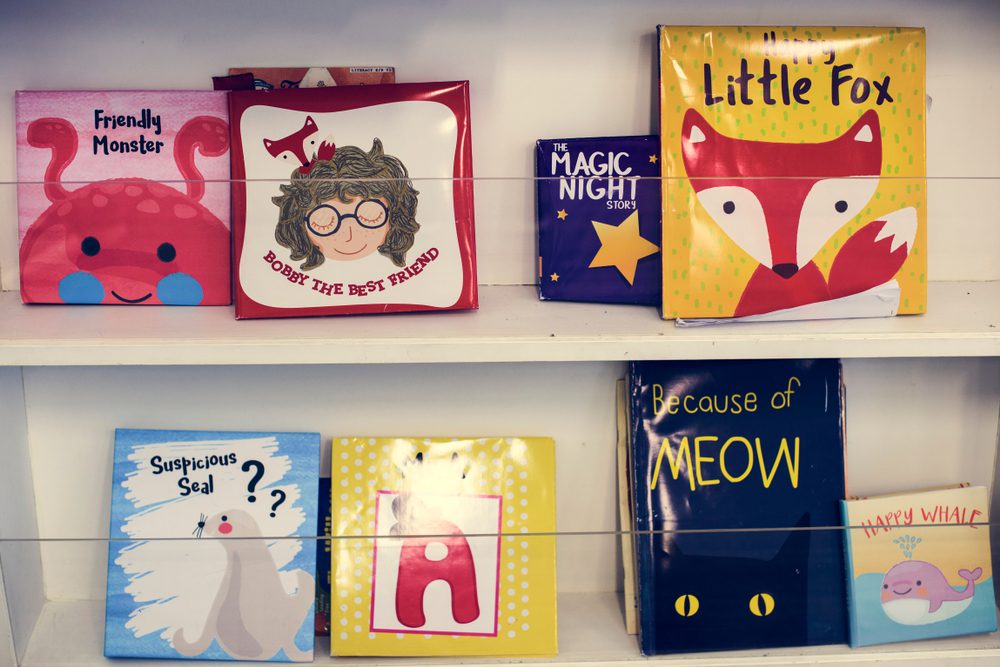3 Factors That Grow Your Toddler Into a Reader

Some parents may underestimate their role in their child’s academic future. They may expect that once the child gets to school, that’s when the learning will begin. This is a dangerous assumption because schools do not necessarily succeed in growing each child to grade-level literacy. Here are three essential factors that will ensure your toddler will be well on the way to having a literate future.
1. Have plenty of books at home.
Dr. Mariah Evans, a professor at the University of Nevada at Reno, found that one way to predict a child’s educational success is simply counting how many books are in that child’s home. She conducted a study which found that having as little as 20 books in the house has a marked impact on children’s likelihood of making it to college. The more books in the house, the better the outcomes for children’s long-term success in literacy.
While having a large number of books seems to be a reliable indicator of academic success, correlation is not the same as causation. In other words, simply having the books in the house is probably not going to make a difference if they are sitting on a shelf collecting dust. The National Reading Panel, a group of nationally recognized literacy experts, concluded that the single most powerful way for parents to prepare their children for school is to read aloud to them from birth to preschool. It is better to let your child choose the books you will buy, according to Dr. Richard Allington, a literacy professor at the University of Tennessee-Knoxville. This will allow your child to explore his or her interests. Do not try to impose any books on them once they are old enough to choose for themselves, or you will risk ruining the joy that can be associated with reading.
2. Have rich conversations with your toddler.
Sometimes families can be so busy with cooking, cleaning, careers, and other activities, that when there is downtime at home, they relax by watching television or surfing the web on their phones. Do not underestimate the influence that oral language proficiency has on your child’s future literacy achievement. The importance of oral language as a basis for future literacy growth is supported by a multitude of empirical research studies.

Don’t feel silly talking to your babies before they are able to talk, because they benefit tremendously just from hearing you speaking to them. In fact, in a famous 1992 study by educational researchers Betty Hart and Todd Risley found that by the age three, 86%-98% of a child’s vocabulary comes directly from their parents. Children are naturally curious and want to understand the world around them. Engage with them and entertain their inquiries as often as you possibly can so that they can be exposed to as much rich vocabulary as possible. One way to expose your child to extensive vocabulary and conversation is at the dinner table. Child psychologist Diane Beals has linked childhood dinner conversations with literacy development.
3. Provide your toddler with as many authentic and enriching world experiences as you can.
Numerous studies have demonstrated how a child’s background knowledge and experiences play a pivotal role in their reading comprehension. In fact, a few studies have even shown that background knowledge can actually lend more to comprehension than reading level. This could indicate that a child who struggles with reading but has been to a baseball game is likely to comprehend a baseball text better than a proficient reader who has never been exposed to anything baseball-related. Therefore, it is critical for you to expose your toddler to as many enriching experiences as possible. These could include visits to zoos, amusement parks, beaches, sporting events, museums and limitless others. Ask your toddler questions about these experiences, and engage them in rich conversation. Make these conversations authentic and natural rather than interrogative.
Preparing your toddler for his or her future literacy and academic endeavors does not have to be difficult. The best part about doing these three things is that they do not require coercion, regimented routines, or displeasure. They just take some time. If you work towards fulfilling these three factors, you will have your toddler well on his or her way to being an excellent reader.
